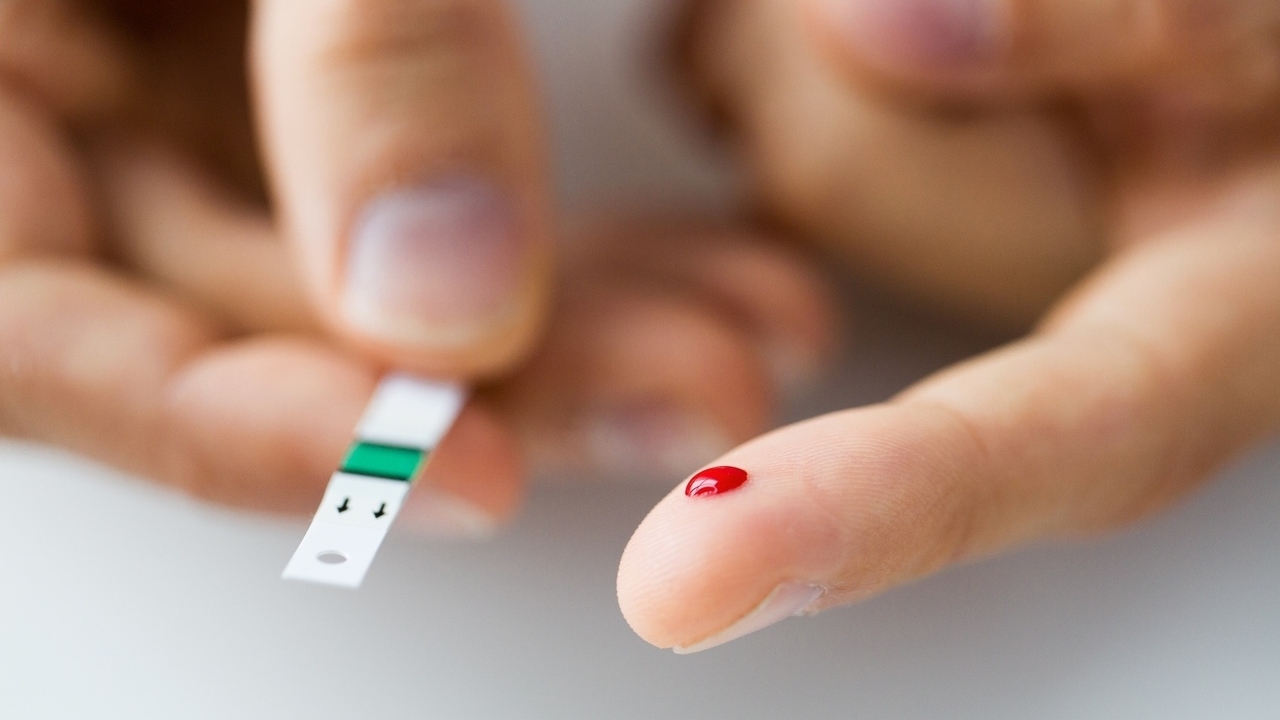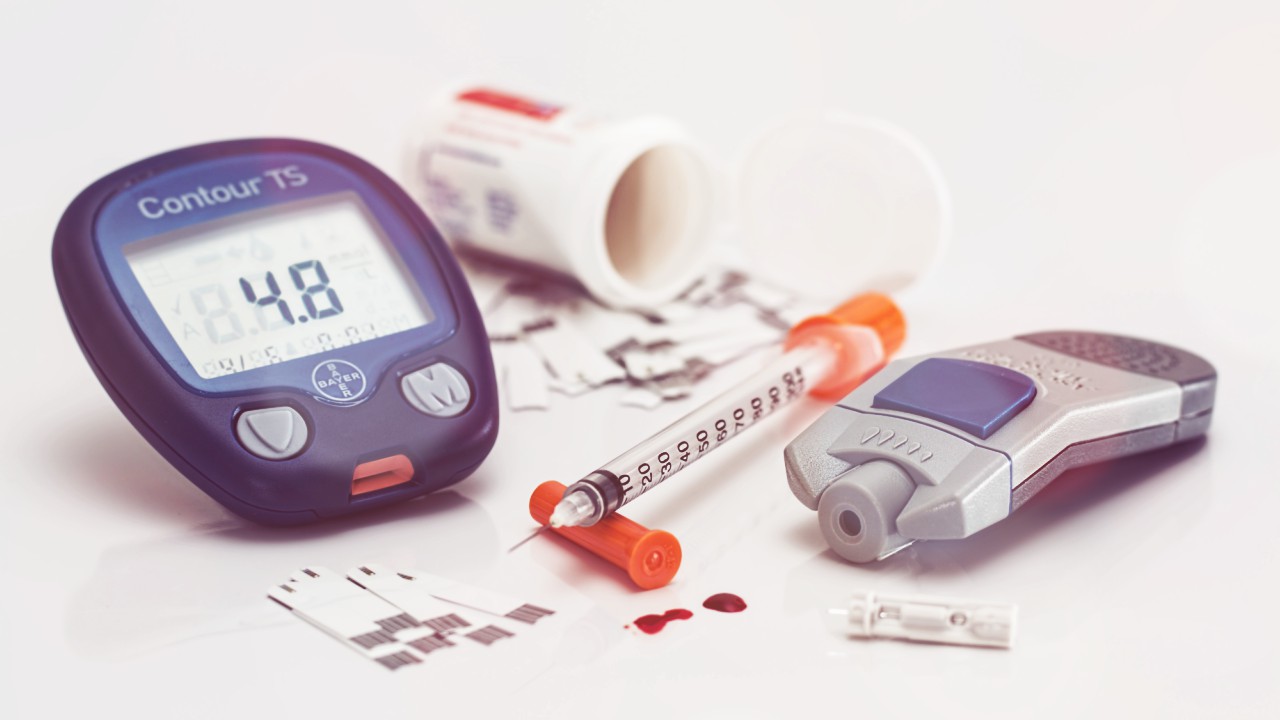Diabetic retinopathy is the disease that diabetes causes in the eye. The retina is the light sensitive tissue that lines the inside of the eye. Diabetic retinopathy is one of the leading causes of adult blindness in the world (the other is macular degeneration). <!--break-->
What Doctor is Best? The best recommendation I can give, as a retinal specialist, is to have your eyes checked yearly by your eye doctor; optometrist, general ophthalmologist or retinal specialist. While a retina specialist is the best trained to treat any retinopathy, your eye doctor should be qualified to determine if you have developed any degree of retinopathy. It is better that you get checked by someone, rather than not at all.
Once diagnosed, you should probably be referred to a retina specialist. A retina specialist is an ophthalmologist who has completed additional training to sub-specialize in retinal diseases. It is a retinal specialist that routinely treats diabetic retinopathy, if needed.
When Should You Be Examined? You should be examined once you have been diagnosed with diabetes and then, at a minimum, annually. A dilated eye exam (drops to dilate your pupil) is the best way to be examine your retina.
"Excellent vision does not mean you have no disease." There is NO correlation between the level of disease and how well you see. Most people do not understand this. The earlier your disease is detected, and if needed, treated, the better your visual prognosis is for life. Don't wait for your vision to become affected before seeking medical attention.
Good Sugar Levels Mean Nothing Unfortunately, too many people, and doctors, believe that good sugar control prevents diabetic retinopathy. While there is some evidence that good sugar control may limit the progression of the disease, there is no evidence linking tight sugar control, or good A1C levels, to preventing the development of the disease.
You probably Will Not Go Blind, but you are most likely going to develop the disease. I tell all my patients this to warn them that getting the disease is beyond their control. It is reasonable to expect every diabetic patient to develop the disease. The chance of severe vision loss becomes <0.1% with timely diagnosis and treatment, that is blindness can usually be prevented.
Randall V. Wong, M.D. is a retina specialist practicing in Fairfax, Virginia. He has a strong interest in Web 2.0 strategies and believes that doctors should the be the source of reliable, credible health information on the internet. In that vane, he has a blog "focused" on macular degeneration and diabetic retinopathy; the two leading causes of adult blindness.




Add a CommentComments
There are no comments yet. Be the first one and get the conversation started!